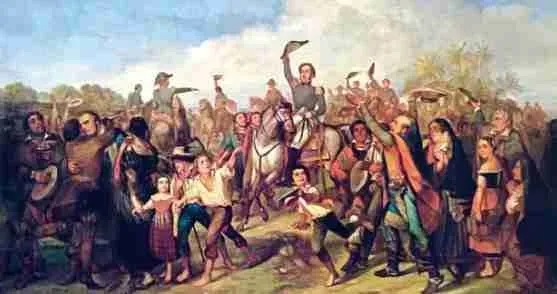
The Portuguese Colonial Empire, greatness and the end of an era
A journey through five centuries of discovery, power and transformation
When the world spoke Portuguese
It is astonishing to think that a small country on the edge of Europe once ruled the seas and shaped global history.
In the fifteenth century, Portugal, with barely over a million people, became the beating heart of the Age of Discovery. It was the age of sailors, dreamers and merchants who turned the unknown into possibility.
From the cliffs of Sagres, Prince Henry the Navigator gathered explorers and mapmakers to study winds, stars and tides. Their journeys redefined the limits of the known world. The ocean was no longer a barrier, but an invitation.
The age of spices and horizons
In 1498, Vasco da Gama reached India by sea, opening the gateway to Asia and changing trade forever.
Lisbon became a cosmopolitan city filled with the scent of pepper, cinnamon and adventure.
Portuguese ships soon reached Goa, Malacca, Macao and the coast of Africa. In 1500, Pedro Álvares Cabral claimed Brazil, and the empire stretched across oceans.
For a time, Portugal’s caravels carried not only goods but ideas, faith and encounters that would forever shape continents.
The other side of glory
Yet, behind every discovery lies a cost.
The empire’s wealth was built not only on spices and gold but also on the trafficking of millions of enslaved Africans.
Portugal, like other powers, played its part in one of humanity’s darkest trades.
As centuries passed, the empire’s brilliance dimmed. Spain, the Netherlands and England rose to challenge its dominance, and Lisbon’s influence waned.
Brazil and Africa: the empire’s last heartbeat
Brazil became the crown jewel of the empire, a source of immense wealth through sugar and coffee.
But independence arrived in 1822, marking the end of Portugal’s colonial dream in the Americas.
The remaining territories in Africa and Asia became the final chapters of an aging empire.
In Angola, Mozambique and Guinea-Bissau, Portugal clung to its colonies well into the twentieth century.
But history was moving on, and resistance grew.

An empire out of time
While other colonial powers decolonized after World War II, Portugal stood still.
Under Salazar’s dictatorship, the colonies were portrayed as integral parts of the nation.
The colonial wars of the 1960s drained the country’s resources and isolated it from the world.
In 1974, the Carnation Revolution changed everything.
With democracy came decolonization, and within a few years, the empire that had lasted five centuries finally dissolved.
The legacy of a shared past
Today, the empire survives not in power, but in culture.
Portuguese is spoken across continents, linking distant peoples through a shared language.
Cities like Goa, Luanda and Salvador still bear traces of Portuguese architecture, music and cuisine.
The legacy of the empire is complex: both light and shadow, pride and reflection.
It is a reminder that history, like the sea, never truly stands still.
From the sea to memory
The Portuguese colonial empire was a human adventure, vast and contradictory.
It left wounds and wonders, injustices and beauty.
And if the caravels no longer sail, their echoes remain in every port where the language still whispers.
In the end, Portugal’s true empire is perhaps not one of territories, but of culture, emotion and memory.
Because the sea that once carried its ships continues to carry its stories.
Share this article
Suggested articles

Amália Rodrigues, the diva who made fado shine across the world
Some artists do not just sing; they embody emotion, history and identity. Amália Rodrigues was one of those rare souls. Born in 1920 in Lisbon’s Mouraria district, she grew up among street vendors, laughter and hardship. There, she discovered fado, the music of love, loss and longing.
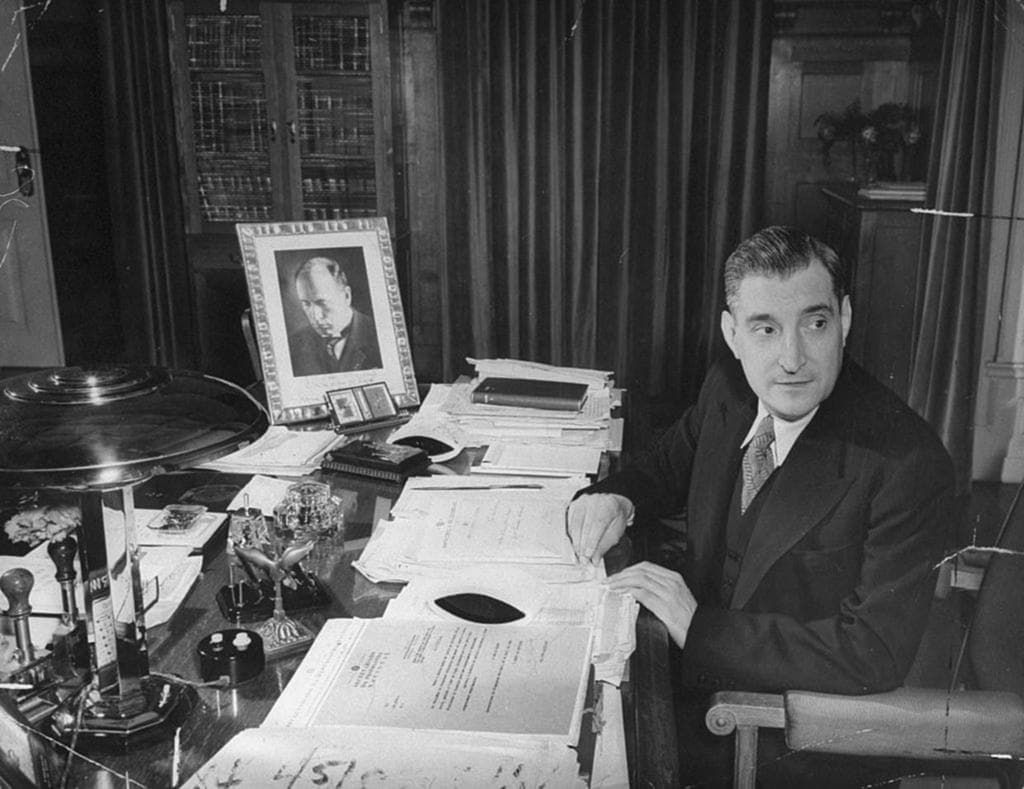
António de Oliveira Salazar and the Estado Novo : Shadows and Legacies of a Dictatorship
When I think back to my parents’ stories, leaving Portugal for France at the end of the 1960s, I see in them the reflection of an entire country that took to the road. Their departure wasn’t just a “change of scenery” : it was a flight, a gamble, a hope. And behind that decision lay the weight of Salazar’s long dictatorship, a regime that shaped Portugal for nearly forty years. (And to think that Portugal has only been “free” for about 50 years… yes, it really wasn’t that long ago !)
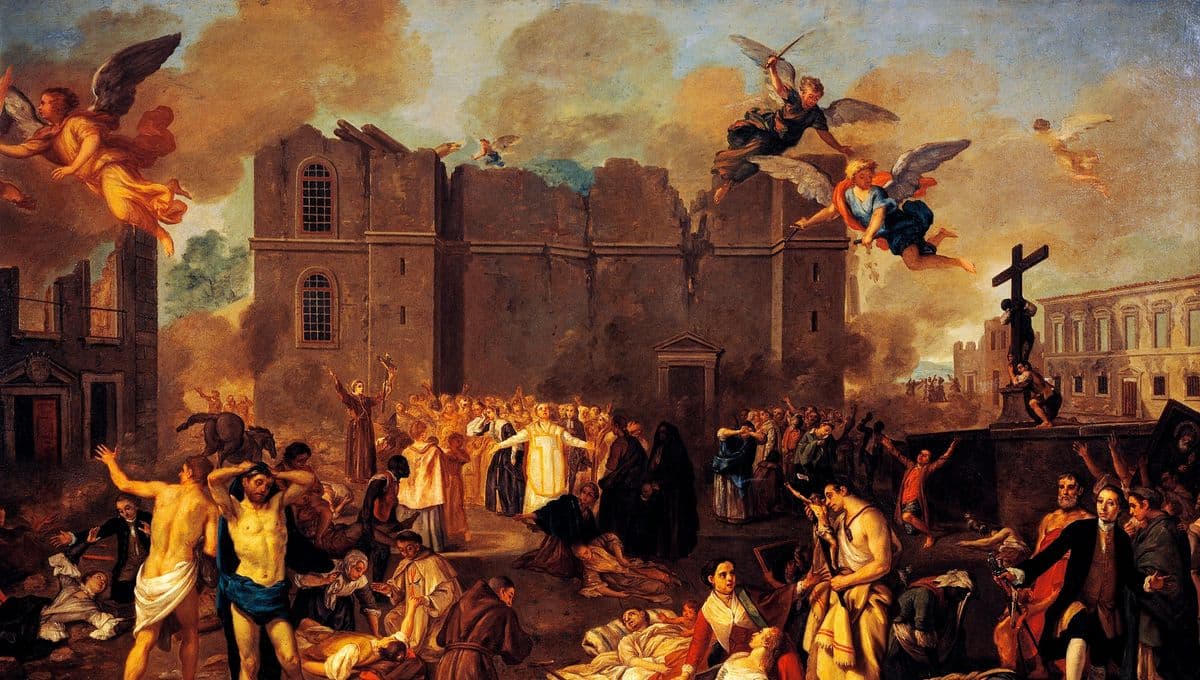
The Lisbon Earthquake of 1755 : an event that shook Europe
On November 1st, 1755 (All Saints’ Day), the city of Lisbon woke up to the sound of church bells, the faithful filled the pews… and suddenly, the ground began to shake. Around 9:40 a.m., an earthquake with an estimated magnitude between 8.5 and 9.0 struck the city, followed by a devastating tsunami and massive fires that tore through its neighborhoods… You’ve probably heard of it, right ?
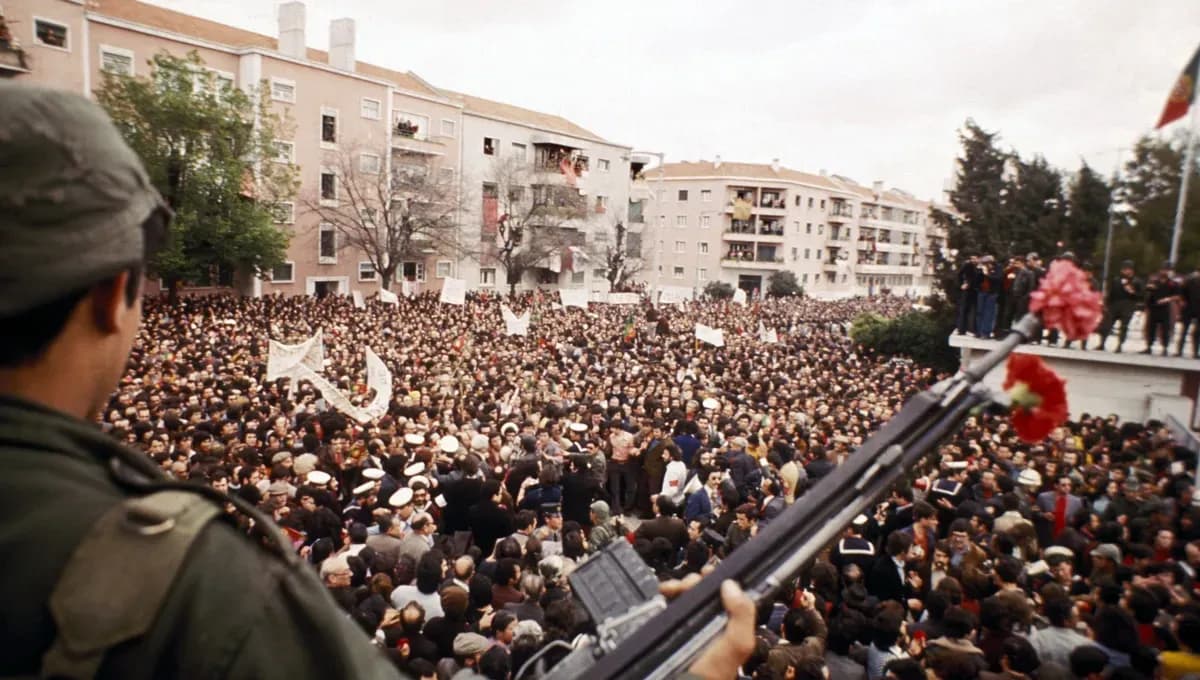
April 25th : a revolution like no other (and with flowers, please)
It’s not every day that a dictatorship collapses… in a festive atmosphere filled with red bouquets ! And yet, Portugal pulled off that miracle. On April 25th, 1974, while Europe was quietly waking up, Lisbon was vibrating to the sound of a song Grândola, Vila Morena and the scent of a symbol that would become immortal : the red carnation.
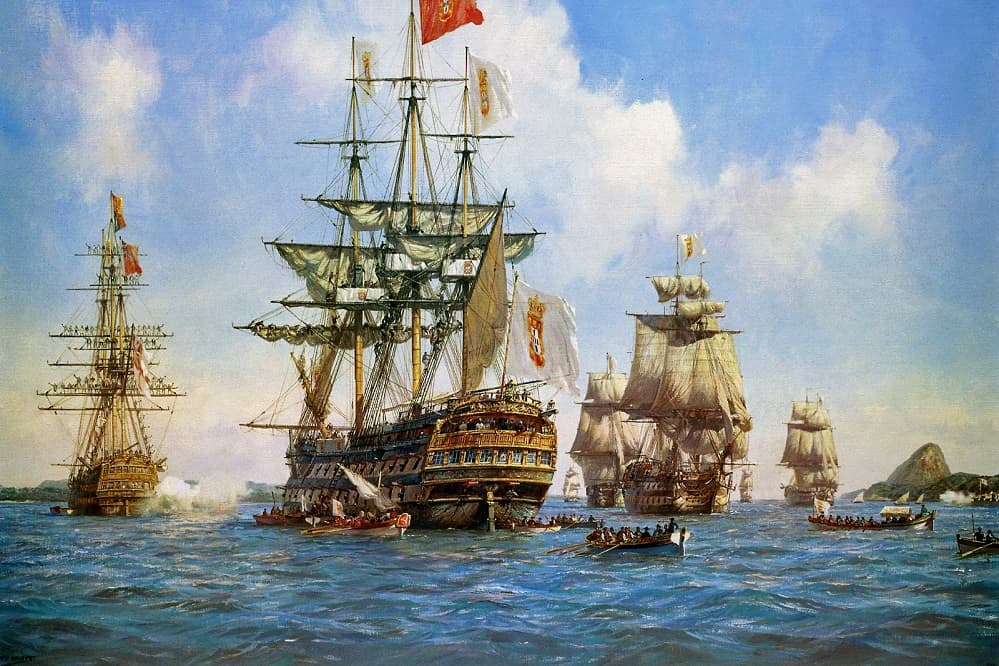
The Age of Discovery : how the Portuguese changed the map of the world
Picture this : it’s the late 14th century. A small country on the edge of the Atlantic, sails in the wind, a few daring sailors, and one big dream to discover what lies beyond the horizon ! That’s how the incredible adventure of the Age of Discovery begins, with Portugal taking center stage. And no, it wasn’t just about sketching maps it was a full-on world revolution… and, let’s be honest, a massive “let’s go and see what happens” gamble (spoiler : it paid off).


